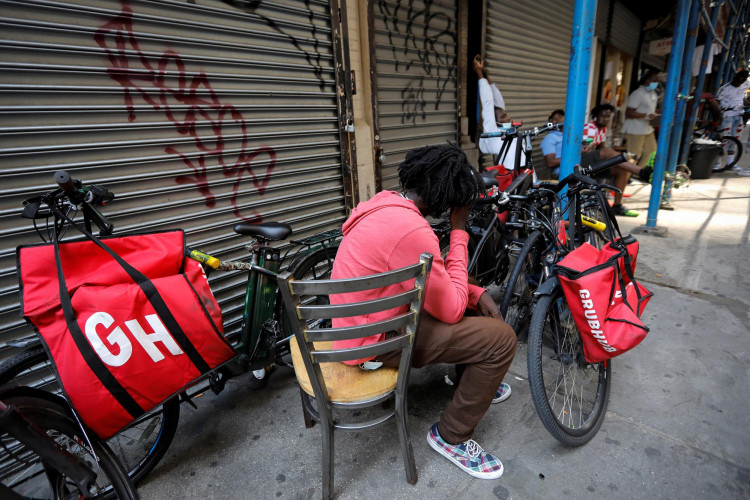Grubhub has been slapped with a lawsuit after the company allegedly added over 150,000 food establishments to its popular delivery platform since 2019 without their permission.
A lawsuit claims that Grubhub added "non-partnered restaurants" to its platform to please investors and boost sales to gain an advantage over rivals like DoorDash and Uber Eats.
The lawsuit also claims Grubhub employs "sketchy" tactics to hide the identity of drivers fetching unverified restaurant orders.
After a drop in market share and decreasing growth, Grubhub set its sights on adding non-partnered food establishments in hopes of reclaiming and retaining additional clients.
The company grew its online delivery system to 300,000 restaurants by end of last year, of which 150,000 were non-affiliated. Based on the lawsuit, Grubhub jacked up its sales and share price at the expense of these non-partner restaurants.
Two restaurants filed the lawsuit on behalf of thousands of others whose business names and logos it alleges had been added to Grubhub's delivery platform without consent. The restaurants accused Grubhub of infringing on trademark laws, as well as "cannibalizing their online presence."
Food delivery aggregators have been adding non-affiliated food businesses to their platforms for years, but not without backlash. For instance, Postmates and DoorDash have been criticized in the past over the practice, and DoorDash was sued by In-N-Out in 2015 because of it.
According to the lawsuit, by including non-partnered companies on its platform without their full knowledge, Grubhub is "misleading consumers, who believe the restaurants have partnered with Grubhub and will be working cooperatively with Grubhub to provide them with accurate, reliable and timely service."
The Illinois-based online prepared food ordering platform did not say how many non-partnered restaurants are currently on its platform. It has around 245,000 partnered food companies in its system, an increase of nearly 20,000 from late July, the company said.






